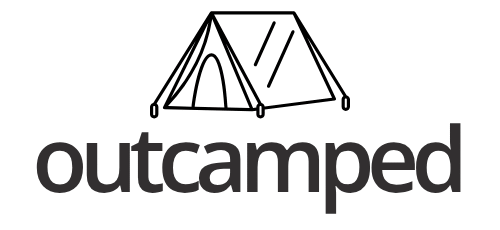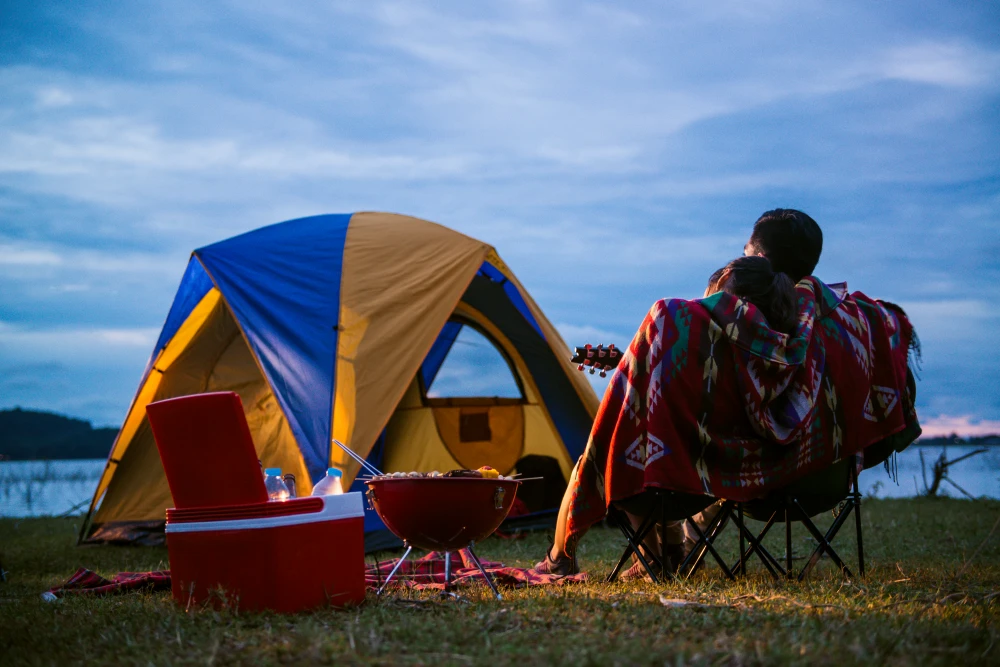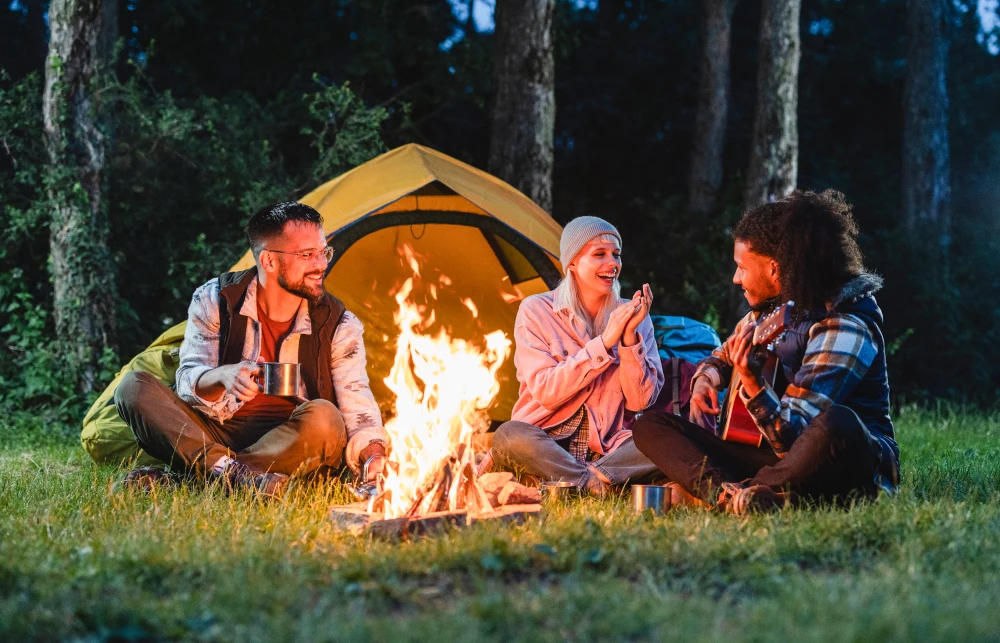Camping is one of the most rewarding ways to reconnect with nature. Escaping the stress and chaos of city life, sleeping under the stars, and gathering around a campfire with friends. These are unforgettable experiences.
But for first-time campers, the process can feel overwhelming.
Questions like:
“What gear do I need? How do I set up a tent? What should I cook?” can make the whole idea intimidating.
Don’t worry, in this guide, I’ll walk you through the most essential camping tips for beginners so your first trip will be safe, simple, and enjoyable.
1. Choose the Right Campsite
For your first trip, keep things simple. Look for a safe and accessible campsite with basic amenities like restrooms, clean water, or even a small store nearby. These areas are perfect for beginners.
As you gain experience, you can explore more remote and challenging locations.
Tip: Pick a campsite not too far from home. If anything goes wrong, you’ll have a safe backup plan.
2. Practice Pitching Your Tent at Home
Trying to set up your tent in the dark with only a flashlight is no fun. Set it up at home, in your backyard, or at a nearby park first. This way, you’ll spot any missing parts and get some practice before your trip.
Tip: Always place a waterproof tarp under your tent. It protects from ground moisture and extends the life of your tent.
3. Start with Basic Gear
For your first camping trip, you don’t need expensive or professional gear. A simple but functional kit will do the job.
Essential items include:
• Tent
• Sleeping bag
• Sleeping pad or inflatable mattress
• Lantern or headlamp
• Camping stove + small pot or kettle
• First-aid kit
If you have these basics, you’re ready to go.
4. Check the Weather Forecast
Weather can make or break your camping experience. Always check the forecast and pack accordingly. Even in summer, nighttime temperatures can drop significantly.
Tip: Layering is key. Wearing several light layers is more practical than relying on one heavy jacket.
5. Keep Meals Simple
You don’t need to cook gourmet dishes on your first camping trip.
Choose meals that are quick, safe, and easy to prepare:
- Pasta with ready-made sauce
- Canned soup or beans
- Sandwiches
- Granola bars & nuts
Tip: Always store food in sealed containers. Leaving it out attracts bugs and animals.
6. Prioritize Safety
Nature is beautiful, but it requires caution.
Here are the most important safety tips for beginners:
- Keep water or sand nearby when making a campfire
- Don’t pitch your tent near rivers or flood-prone areas
- Protect your phone battery (bring a power bank)
- Carry a small first-aid kit
7. Start Small and Enjoy the Moment
Your first trip doesn’t need to be long. A one-night trip is the perfect start. This way, you’ll learn the basics without feeling overwhelmed.
Remember, camping is about enjoying nature. Put down your phone, look at the stars, listen to the birds, and be present.
8. Common Mistakes Beginners Make
Many first-time campers make small but critical mistakes.
Avoid these to make your trip smoother:
- Overpacking: Carrying too much gear makes travel harder and messy.
- Wrong tent location: Avoid rocky ground, slopes, or windy/risky spots like riverbanks.
- No backup light: Never rely on just your phone flashlight. Always bring spare batteries or a headlamp.
- Ignoring the weather: Not preparing for rain or cold can ruin your trip.
- Campfire negligence: Never leave a fire unattended. Always make sure it’s fully out before sleeping.
Conclusion
Preparation is the key to a successful first camping trip. With the right gear, a safe location, and some practical tips, your first experience can be both safe and unforgettable.
Camping might become a lifestyle you truly enjoy or maybe you’ll decide it’s not for you. Either way, start small, put safety first, and enjoy everything nature has to offer.



3 thoughts on “Camping for Beginners: Essential Tips for Your First Trip”